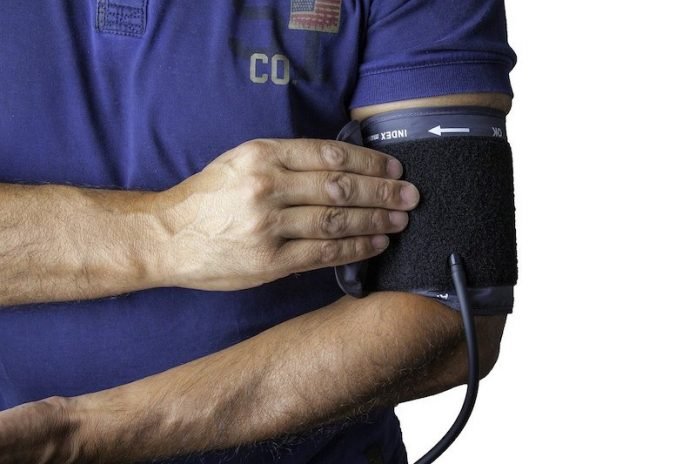
Chronic liver damage leads to scarring (fibrosis) of the liver tissue, which can ultimately lead to increased blood pressure in the vascular system of the gastrointestinal tract (i.e. portal hypertension).
Portal hypertension can result in serious complications.
In a new study, researchers found that the increasing severity of portal hypertension is paralleled by inflammatory reactions in the body (systemic inflammation).
They found common high blood pressure drugs beta-blockers have anti-inflammatory effects in advanced liver disease.
The research was conducted by a team at MedUni Vienna.
For many years, beta-blockers have been used as standard drug treatment, but only 50% to 60% of patients achieve a clinically relevant reduction in portal vein pressure.
The new study shows for the first time that beta-blockers also have an impact on systemic inflammation.
In this study, the researchers found biomarkers of systemic inflammation prior to and subsequently during treatment with beta-blockers.
They showed that patients suffering from advanced stages of cirrhosis were not only more likely to have a systemic inflammatory response but were also more likely to benefit from the anti-inflammatory effects of beta-blockers.
The cirrhotic patients achieved a reduction in inflammatory markers (such as the white blood cell count) under beta-blocker therapy, and they had much fewer complications of portal hypertension and had a lower death risk.
The team says after further validation in clinical trials, these findings may help to predict the benefit of beta-blocker treatment more accurately and thus to give patients optimal advice.
One author of the study is Thomas Reiberger.
The study is published in Gut.
Copyright © 2020 Knowridge Science Report. All rights reserved.




